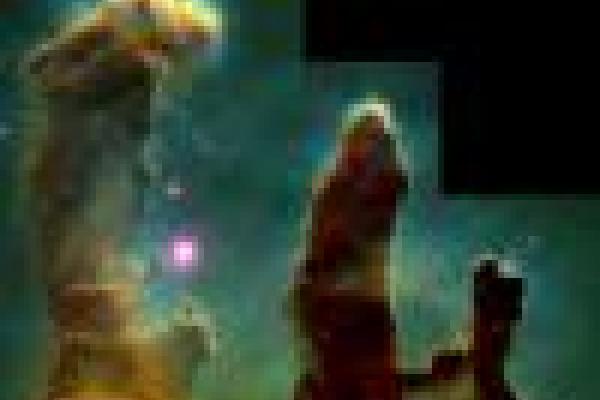Article

Blink and you'll miss it: The free kick in football (part I)
Free kicks will deliver much of the drama in the football world cup this summer. But how should strikers approach them and how does the design on the ball impact on its behaviour in flight? Maths can give us answers...

